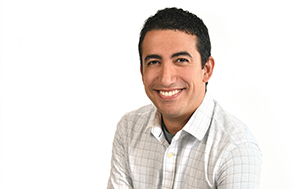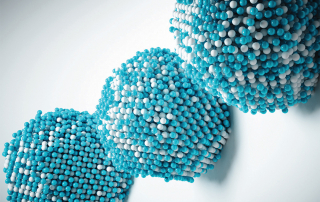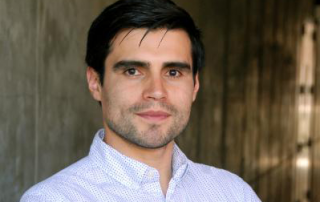Summer Undergraduate Research Scholars Symposium
The Summer Undergraduate Research Scholars Symposium includes a three minute flash talk on the research project that each SURS student is working on in the summer 2018 class. Listen in for insights on STROBE research, interesting facts about the nature of imaging science research, and more!



